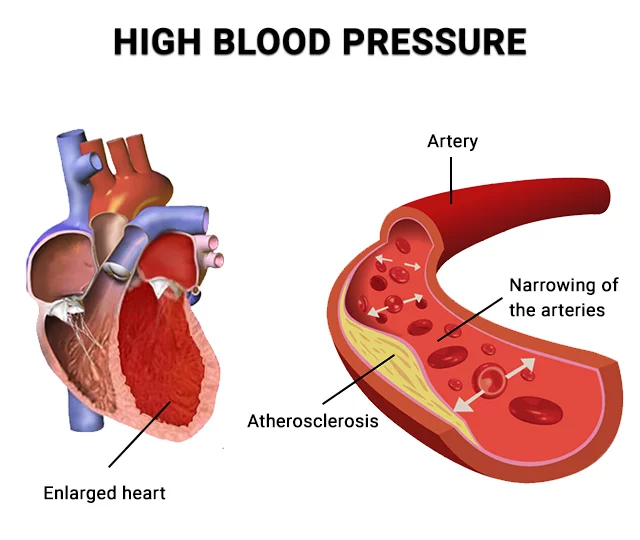
The Astanga Hridaya (अष्टाङ्ग हृदय) is one of the foundational classical texts of Ayurveda, written by the sage Vagbhata around 600 CE. It synthesizes and simplifies the knowledge of earlier Ayurvedic treatises, particularly the Charaka Samhita and Sushruta Samhita, making it more accessible to practitioners. The text is highly revered and forms part of the Brhat Trayi (the three great texts of Ayurveda) alongside Charaka and Sushrut.
In the Ashtanga Hridaya, an ancient Ayurvedic text, high blood pressure (hypertension) is understood through an imbalance of doshas, often involving Vata and Pitta aggravation. Remedies aim to balance these doshas, pacify the mind, and strengthen the heart. Here are specific approaches from an Ayurvedic perspective:
Incorporate Quantum Field Meditation before consuming remedies or meals to enhance healing. This aligns with reducing emotional stress and improving absorption of remedies.
Would you like these suggestions tailored further or made into a structured daily guide?